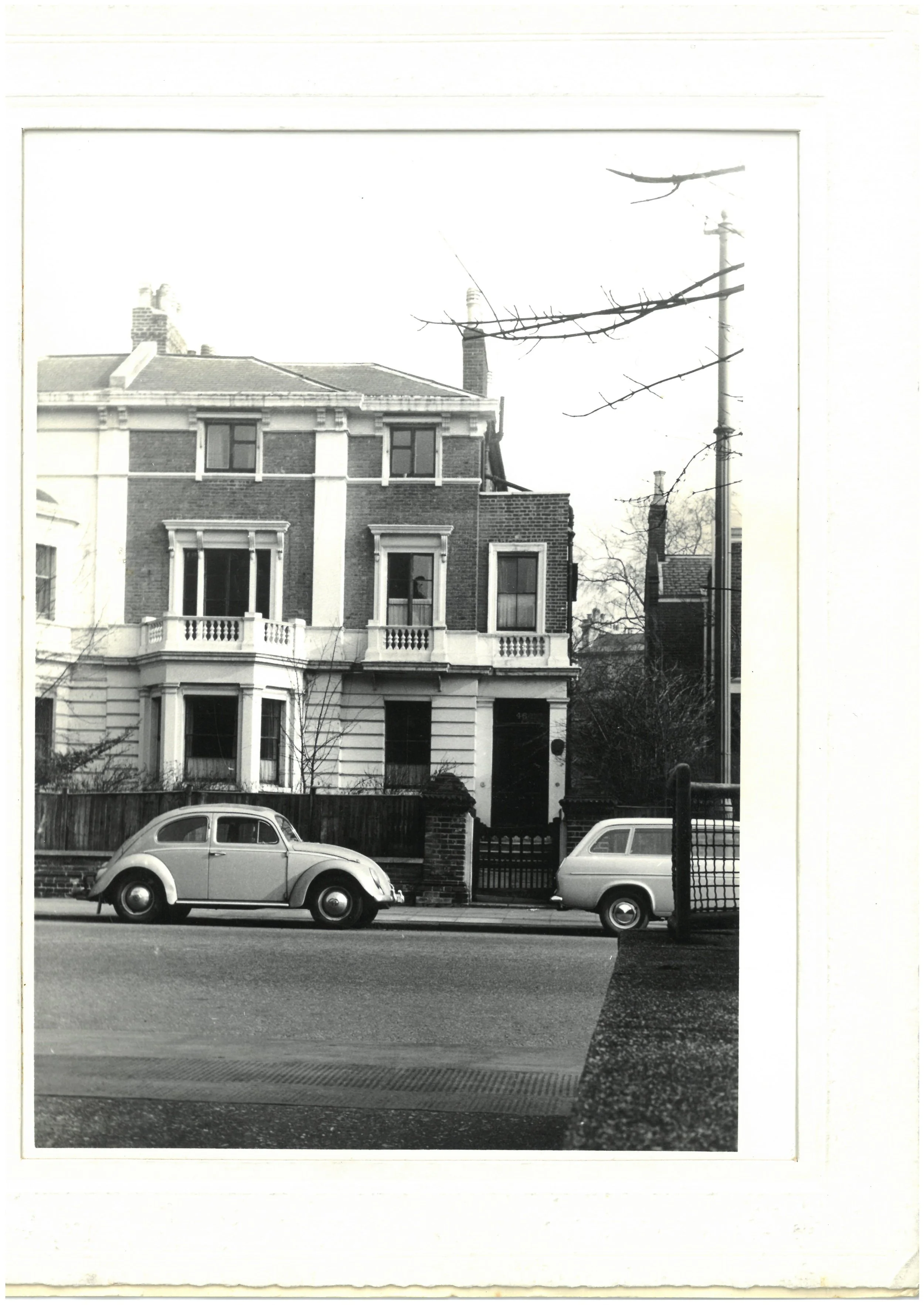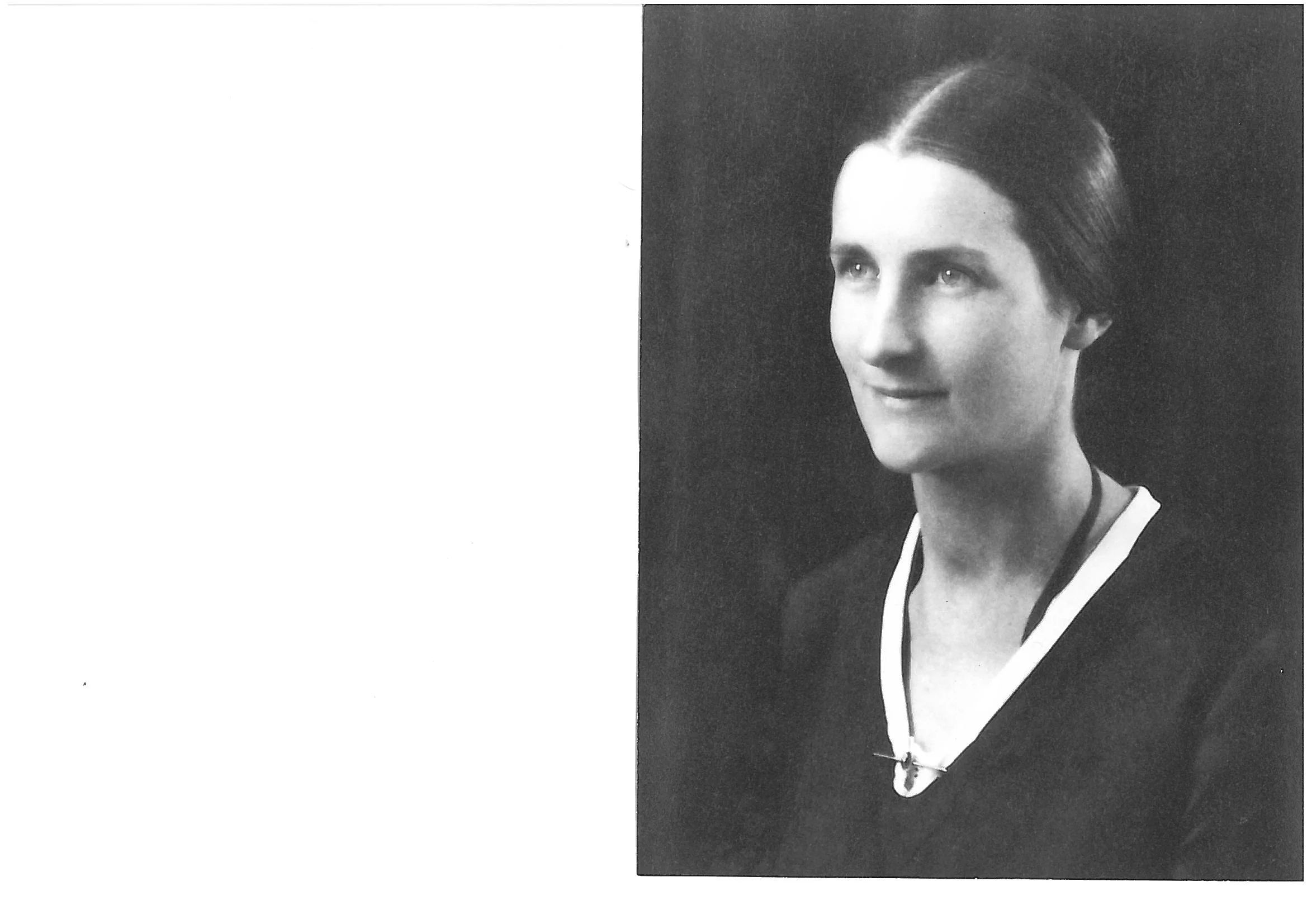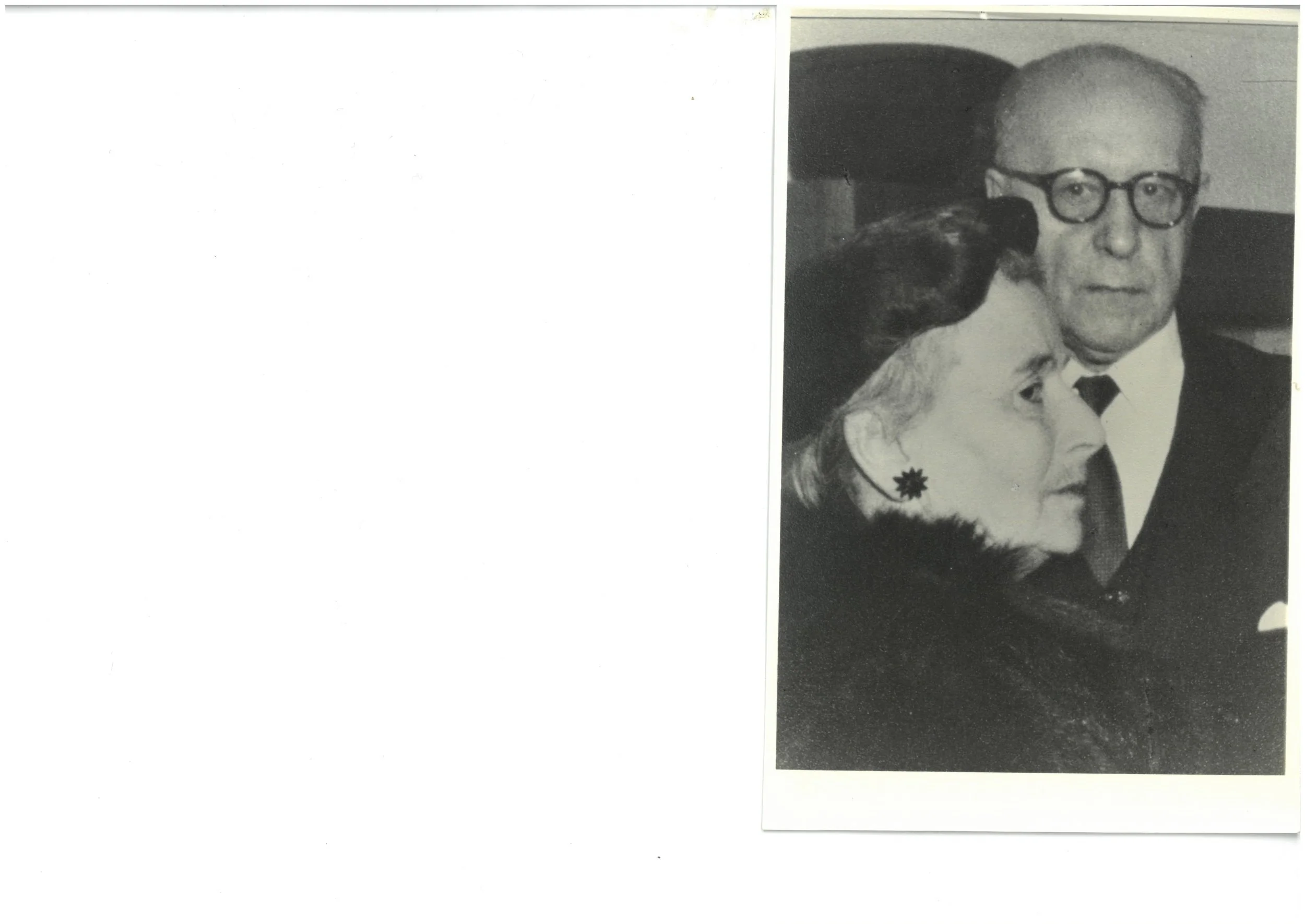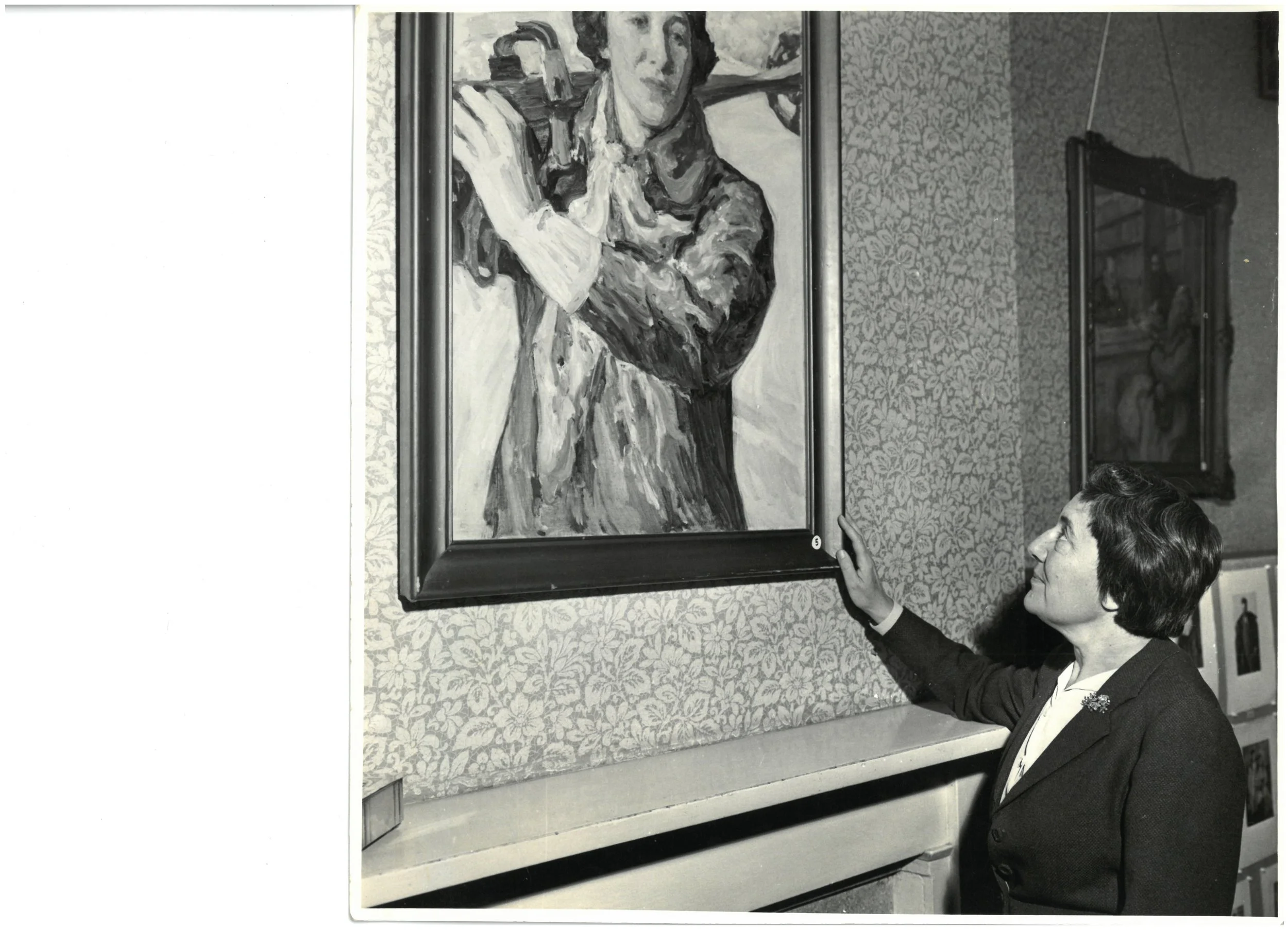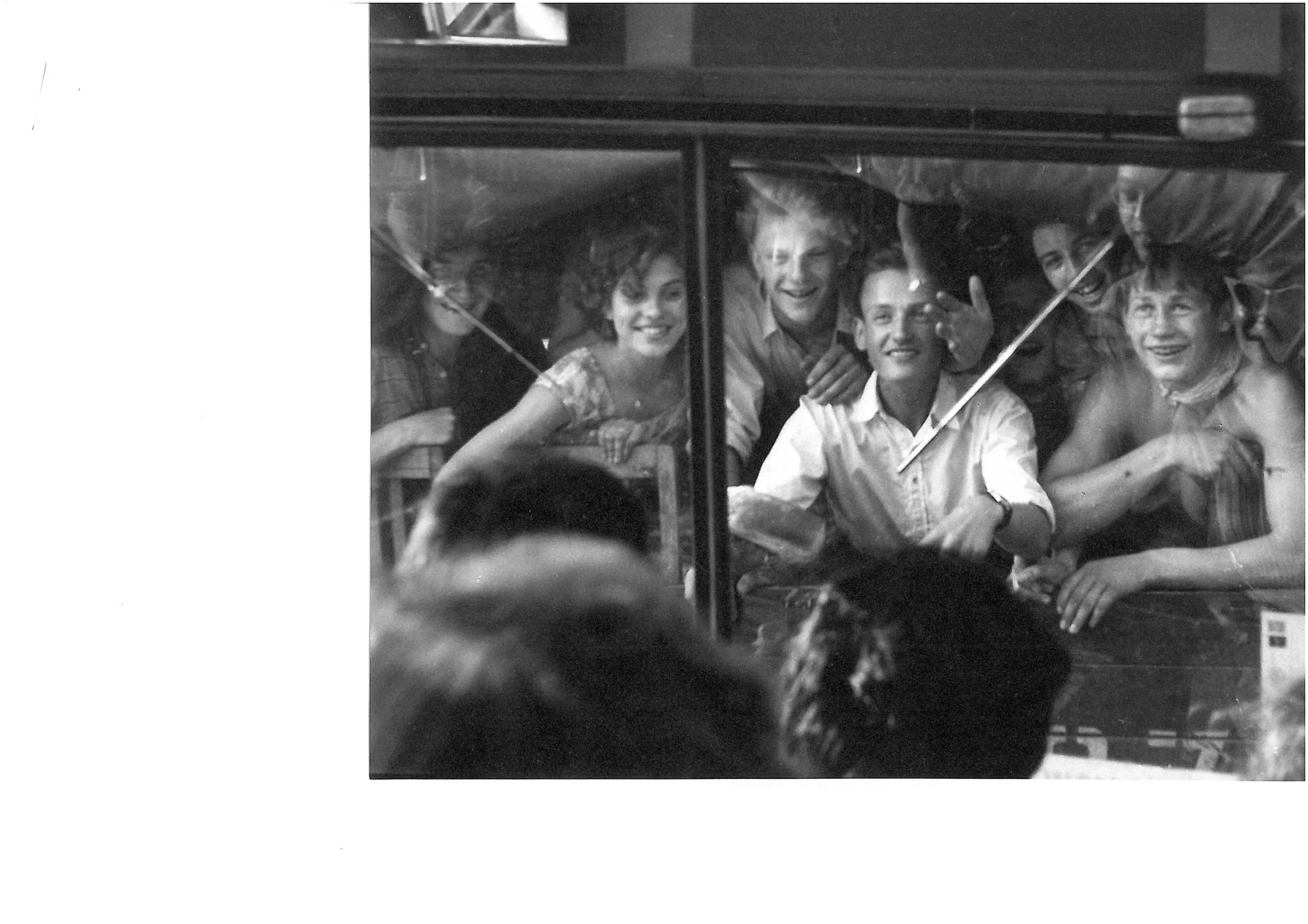In the first decade of the 2000s, the decision was made to move Pushkin House into the main flow of London's cultural life by moving it to the 'Museum quarter' in Bloomsbury. The Board of Trustees led by Simon Franklin sold the house in Ladbroke Grove and purchased 5a Bloomsbury Square. For the first time Pushkin House had a dedicated venue for exhibitions and events that could be open to the public every day of the week, throughout the year. Under its first Director Julian Gallant, the house quickly developed a flourishing programme of exhibitions, concerts, lectures and screenings when it opened in 2006. The move coincided with a significant influx of Russians and Russian-speakers to London. Pushkin House soon became an umbrella organisation for many Russia-related clubs and organisations.
The Russian Language Centre, a separate organisation run by Frank Althaus, were secured as a tenant on the top floors of the building, along with Friends of the Hermitage.
Pushkin Club, the body that had done the programming at Ladbroke Grove, remained an integral part of Pushkin House following the move, programming two events per month. Pushkin Club continues to programme events mostly related to literature, poetry, translation and human rights. At the same time, the Directors of Pushkin House began to programme themselves, leading to a packed timetable of cultural happenings. Thus began the transition to a fully-fledged arts centre.
Major figures and events that have taken place at Pushkin House since the move include a pavilion by Alexander Brodsky on Bloomsbury Square to mark the centenary of the Russian revolution; an exhibition of murals by Victoria Lomasko and a solo show by Laura Footes of works illustrating The Master and Margarita. There have been concerts by leading musicians, lectures and talks from leading translators and writers such as: Anthony Beevor, Catriona Kelly, Rosalind Blakesley, Rosamund Bartlett, Elizabeth Wilson, Gabriel Prokofiev, Alexander Karpeyev, Boris Dralyuk, Robert Chandler, Andrew Spira, Alexander Mozhaev, Sergey Nikitin, Alexander Osipov, Alexei Ivanov, Guzel Yakhina, Galina Yusefovich, Renata Litvinova, Boris Akunin, Zinovy Zinik, Anatoly Vasiliev, Artemy Troitsky, Teatr.doc, and many other outstanding cultural commentators, figures and groups that are too many to list here.
Pushkin House remains an independent organisation, financed by the subscriptions of its Friends and donations from supporters, as well as ticket money and rental income. The house now has a curator for exhibitions, a music curator and a staff of seven, as well as many volunteers, all helping deliver events.
In 2013 the then Chair Andrew Jack launched the Pushkin House Book Prize, awarded for the best non-fiction book about the Russian-speaking world published in english in the preceding year. Now in its seventh year, the prize has become a prestigious and well documented annual event.
The House has a dedicated concert programme and is preparing to launch the first Russian-London music festival in 2021. In 2020 a poetry translation fellowship will be launched with Queen's College, Oxford. In 2019 Pushkin House launched its Learn and Participate Programme, a series of workshops and masterclasses from leading experts in their field, looking at different aspects of Russian culture.
Pushkin House is an outward-looking organisation that collaborates with organisations in and outside of Russia, delivering a programme that continues to enthusiastically explore and celebrate Russian culture. We believe that this process of sharing enriches all parties involved.


